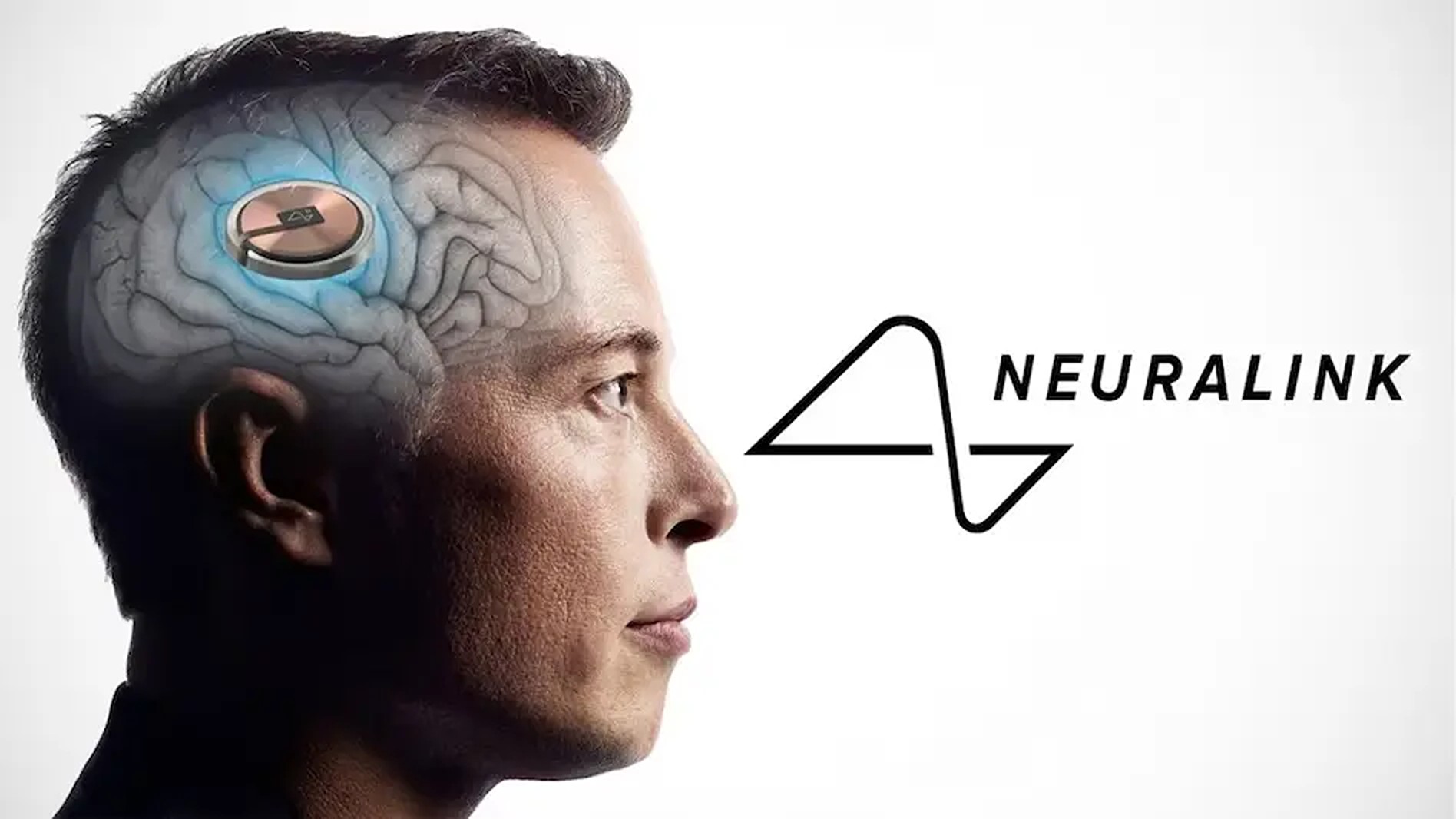A recent inquiry by U.S. Representative Earl Blumenauer has cast a spotlight on the Food and Drug Administration’s (FDA) oversight of Elon Musk‘s Neuralink, particularly questioning the absence of preliminary inspections prior to the company’s commencement of human trials.
This scrutiny follows Reuters’ exposure of issues within Neuralink’s animal experiment quality controls and record-keeping, identified by FDA inspectors last June, shortly after Neuralink announced FDA approval for human testing.
Neuralink, known for developing a brain implant that enables paralyzed individuals to control computers with their thoughts, has transitioned from animal to human trials.
Blumenauer’s concerns, detailed in a letter to the FDA, revolve around the agency’s disregard for evidence of animal testing infractions dating back to 2019.
He highlighted reports from late 2022 of Neuralink employees criticizing the company’s expedited experimental timeline, which allegedly led to unnecessary animal suffering and potential data integrity risks.
“These alleged failures to follow standard operating procedures potentially endangered animal welfare and compromised data collection for human trials,” Blumenauer expressed, emphasizing the potential implications on the quality of human trial data.
The FDA, responding to Reuters regarding Blumenauer’s letter, assured that it would address the lawmaker’s concerns directly and clarified its routine practice of conducting inspections post-human trial authorization.
The agency defended its inspection of Neuralink, asserting no critical violations were found that could jeopardize trial safety. Neuralink, on its part, has yet to respond to the allegations.
The debate around Neuralink’s practices emerges amidst a broader exploration of brain implant technology by various companies, including Synchron and Blackrock Neurotech, both of which have shown promising results in enabling thought-controlled actions in patients.
Neuralink recently demonstrated the capabilities of its implant through a livestream on Musk’s X platform, where Noland Arbaugh, a 29-year-old paralyzed in a diving accident, showcased his ability to play online chess and communicate via thoughts, marking a significant milestone in the technology’s application.


